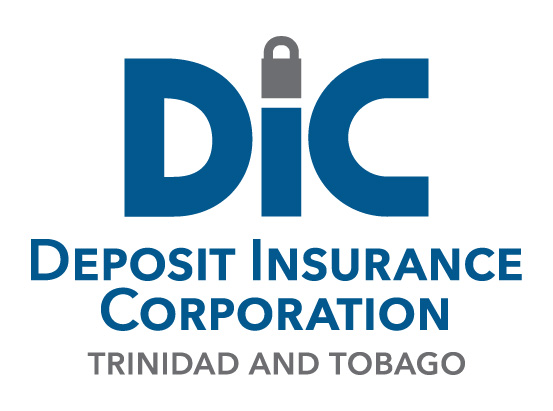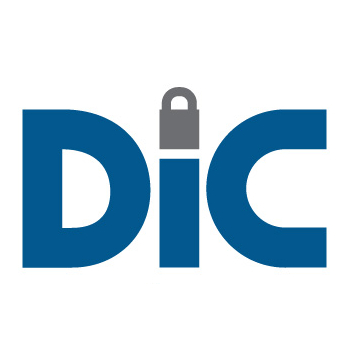- How is a depositor notified that an institution in which he or she has a deposit, has been ordered to be closed?
When an institution has been closed by the Central Bank and a winding-up order is issued by the Court, each depositor will be notified in writing at the depositor’s last address on record with the institution. This notification will be mailed shortly after the institution closes. Notification will also be given in the press.
- When can an eligible depositor expect to receive his or her money?
The DIC is statutorily obligated to commence payment to depositors within three months of closure of an institution.
- How is a depositor notified of the date and place of payment of his or her claim after an institution is closed?
Information regarding the date and place of payment will be posted on the doors of the closed institution, published in the press and indicated in notices sent to depositors.
- What methods of payment may the DIC use in meeting its obligations to the depositors of a failed institution?
The DIC may pay depositors either by transfer to a financial institution with instructions to effect payment to depositors on its behalf, or directly by means of cheques up to the insured limit which will be collected at the DIC’s offices.
- What does a deposit transfer involve?
The DIC transfers an amount equivalent to the total insured deposits of an institution to a financial institution under an agreement which will enable depositors of the failed institution to collect their entitlements from the financial institution.
- In the event of a deposit transfer, how will a depositor know when and where he can withdraw his funds?
The DIC will notify depositors of the transfer of deposits and of the place and time that the deposits can be withdrawn from the transferee institution.
- Can a depositor leave his/her deposit with the transferee institution?
Yes, a depositor, if he/she wishes, can open an account with the transferee institution for the full amount or part of his/her deposit. - Is the depositor required to produce proof of ownership to the DIC or to the transferee institution?
The depositor has to satisfy the DIC or transferee institution that he/she is the rightful owner of the deposit claimed. In cases of doubt, the transferee institution may refer the matter to the DIC. - What happens to those depositors whose accounts are subject to further examination?
Such persons will be requested to meet with the relevant DIC officials.




